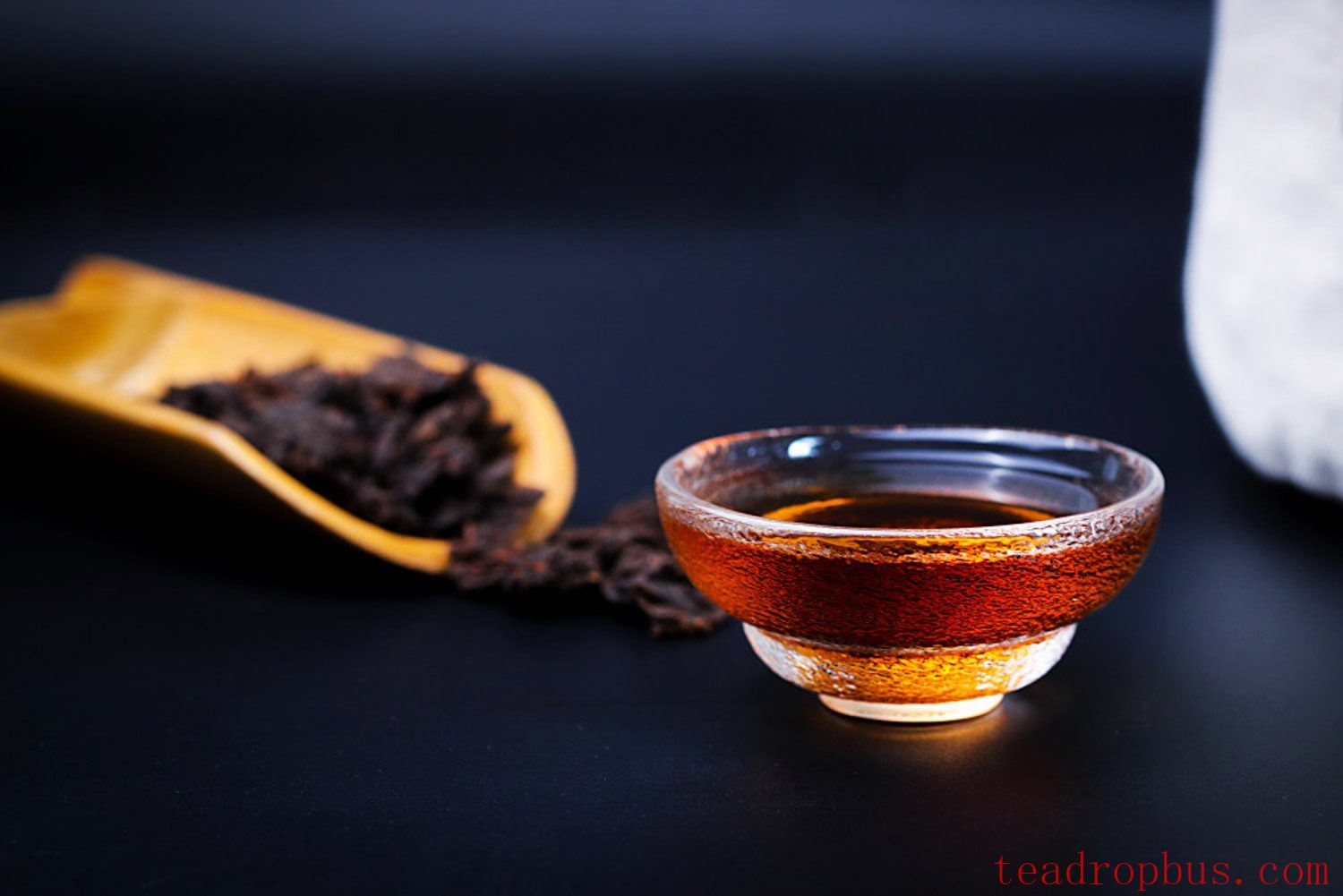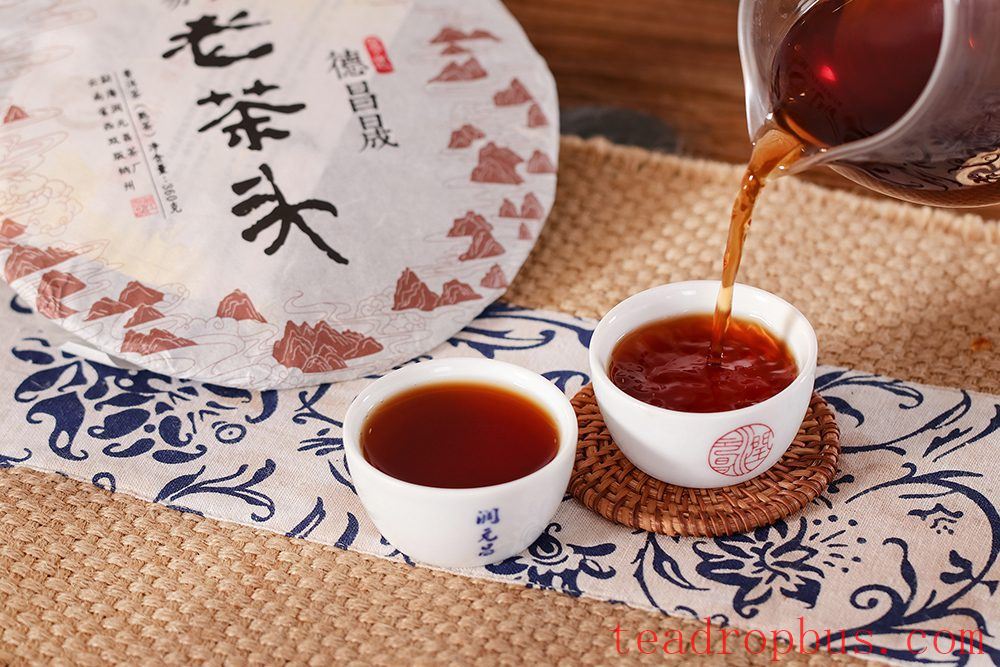Pu'er tea, a type of tea from Yunnan, China, has won the affection of tea enthusiasts worldwide with its unique fermentation process and rich cultural heritage. Pu'er tea is divided into raw (sheng) and ripe (shou) varieties, which differ significantly in their production methods, Taste, and brewing techniques. This article will detail the brewing methods for both raw and ripe Pu'er teas, allowing you to easily savor authentic Pu'er tea at home.

(Image source: network, delete upon request)
Brewing Method for Raw Pu'er Tea
Raw tea refers to Pu'er tea that has undergone natural fermentation after processes such as fixation, rolling, and sun-drying. It retains a higher amount of polyphenols, resulting in a fresh and sweet aftertaste with a strong aroma.
Preparation
Before brewing raw tea, prepare the following items: a Gaiwan or a purple clay pot, a fairness cup, a tea strainer, a tea spoon, a tea tray, and hot water. It is recommended to use water at 90-95°C to brew raw tea.
Brewing Steps
1. Warm the Utensils: Pour boiling water into the gaiwan or purple clay pot, gently shake it, and then discard the water. This step warms the utensils and enhances the aroma of the tea leaves.
2. Add the Tea: Place 5-7 grams of raw tea into the gaiwan or purple clay pot.
3. Awaken the Tea: Immediately pour out the first infusion to wash away impurities on the surface of the leaves and awaken their aroma.
4. Brew: After the second infusion, wait for 10-20 seconds before pouring the tea liquor into the fairness cup and then into the Teacups. Based on personal preference, gradually increase the Steeping time by 5-10 seconds each subsequent infusion.

(Image source: network, delete upon request)
5. Enjoy the Tea: The tea liquor is bright in color, fresh in taste, and has a long-lasting sweet aftertaste.
Brewing Method for Ripe Pu'er Tea
Ripe tea is Pu'er tea that has been processed through pile fermentation, resulting in a higher degree of fermentation. The tea liquor is red and concentrated, with a smooth and mellow taste.
Preparation
To brew ripe tea, you will need a gaiwan or a purple clay pot, a fairness cup, a tea strainer, a tea spoon, a tea tray, and hot water. It is recommended to use water at 95-100°C to brew ripe tea.
Brewing Steps
1. Warm the Utensils: As with raw tea, warm the utensils with boiling water first.
2. Add the Tea: Place 7-9 grams of ripe tea into the gaiwan or purple clay pot.
3. Awaken the Tea: Pour out the initial infusion immediately to remove impurities and better stimulate the aroma of the leaves.
4. Brew: After the second infusion, wait for 20-30 seconds before pouring the tea liquor into the fairness cup and then into the teacups. Ripe tea can withstand longer infusions, so gradually increase the steeping time by 10-15 seconds for each subsequent infusion.
5. Enjoy the Tea: The tea liquor is red and clear, with a mellow taste, aged fragrance, and a sweet aftertaste.

(Image source: network, delete upon request)
Notes on Brewing Raw and Ripe Teas
There are some common considerations when brewing both raw and ripe teas, such as water quality, water temperature, and choice of tea ware. High-quality mountain spring water or purified water is the best choice for brewing Pu'er tea. Raw tea is suitable for slightly lower water temperatures (90-95°C), while ripe tea requires higher temperatures (95-100°C). Both gaiwans and purple clay pots are good choices, with purple clay pots being more suitable for brewing ripe tea due to their ability to maintain the temperature of the tea liquor.
In addition, pay attention to the ratio of tea to water and the steeping time. Due to its high polyphenol content, raw tea should not be steeped for too long to avoid overly bitter tea liquor. Ripe tea, on the other hand, can benefit from a slightly longer steeping time to fully release its aroma and flavor.
Summary
Both raw and ripe Pu'er teas have their distinct characteristics, with raw tea being fresh and sweet, and ripe tea being smooth and mellow. By mastering the correct brewing methods, you can enjoy the delightful flavors of Pu'er tea at home. Whether for daily consumption or entertaining guests, Pu'er tea is a healthy and elegant choice.
Hopefully, this article will help you better understand the brewing techniques for Pu'er tea and become a true connoisseur of tea.